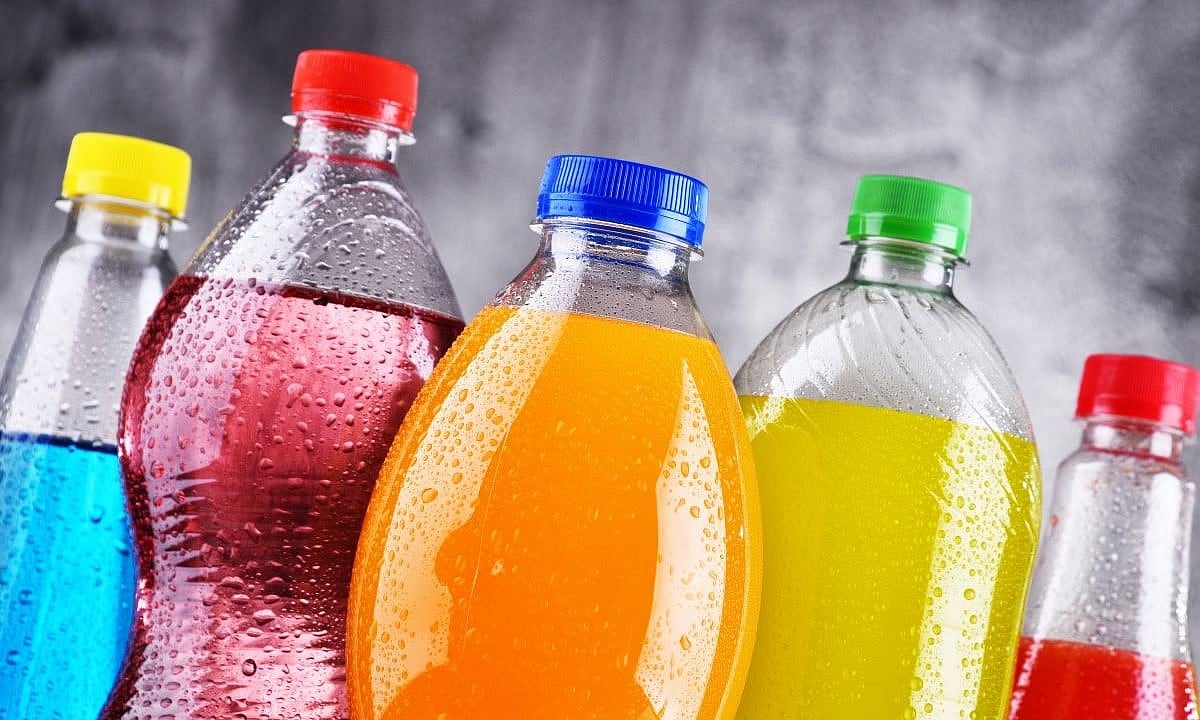Manténgase sano!

- Posted October 7, 2025
Both Diet And Sugary Drinks Increase Fatty Liver Disease Risk, Study Says
People could be at higher risk of fatty liver disease from both sugary sodas and diet drinks, a new study says.
In fact, artificially sweetened drinks might pose a greater threat to liver health than sugary beverages, researchers reported Monday at the United European Gastroenterology's annual meeting in Berlin.
The team also found that replacing these drinks with water significantly reduced people’s risk of fatty liver disease.
“Sugar-sweetened beverages have long been under scrutiny, while their ‘diet’ alternatives are often seen as the healthier choice,” lead researcher Lihe Liu said in a news release. She’s a graduate student in gastroenterology at the First Affiliated Hospital of Soochow University in Suzhou, China.
“These findings challenge the common perception that these drinks are harmless and highlight the need to reconsider their role in diet and liver health,” Liu added.
Fatty liver disease occurs when fat accumulates in the liver, which over time can cause liver damage. It’s the most common chronic liver disease, researchers said, affecting more than 30% of people worldwide.
For the study, researchers followed nearly 124,000 people participating in the UK Biobank, a long-term health study in the United Kingdom. The participants reported their beverage consumption as part of a 24-hour diet questionnaire.
During a median 10-year follow-up, nearly 1,200 participants developed fatty liver disease and 108 died from liver-related causes, researchers found.
Results show that drinking about nine or more ounces of artificially sweetened beverages every day was associated with a 60% increased risk of fatty liver disease.
Likewise, drinking sugary beverages daily was associated with a 50% increased risk, researchers said.
“Our study shows that low- or non-sugar-sweetened beverages were actually linked to a higher risk of (fatty liver disease), even at modest intake levels such as a single can per day,” Liu said.
Drinking water instead of an artificially sweetened beverage lowered a person’s fatty liver disease risk by more than 15%. Likewise, replacing sugary beverages with water reduced people’s risk by nearly 13%.
Liu said the high sugar content in sugary drinks can cause rapid spikes in blood sugar levels, promote weight gain and increase levels of uric acid – all of which have been linked to the accumulation of excess fat in the liver.
On the other hand, artificially sweetened beverages might affect liver health by altering a person’s gut microbiome, driving cravings for sweets and stimulating insulin secretion, Liu said.
“The safest approach is to limit both sugar-sweetened and artificially sweetened drinks,” she said. “Water remains the best choice as it removes the metabolic burden and prevents fat accumulation in the liver, whilst hydrating the body.”
Researchers next plan to examine exactly why these drinks increase liver fat accumulation through long-term clinical trials.
Findings presented at medical meetings should be considered preliminary until published in a peer-reviewed journal.
More information
Yale New Haven Health has more on fatty liver disease.
SOURCE: United European Gastroenterology, news release, Oct. 6, 2025

